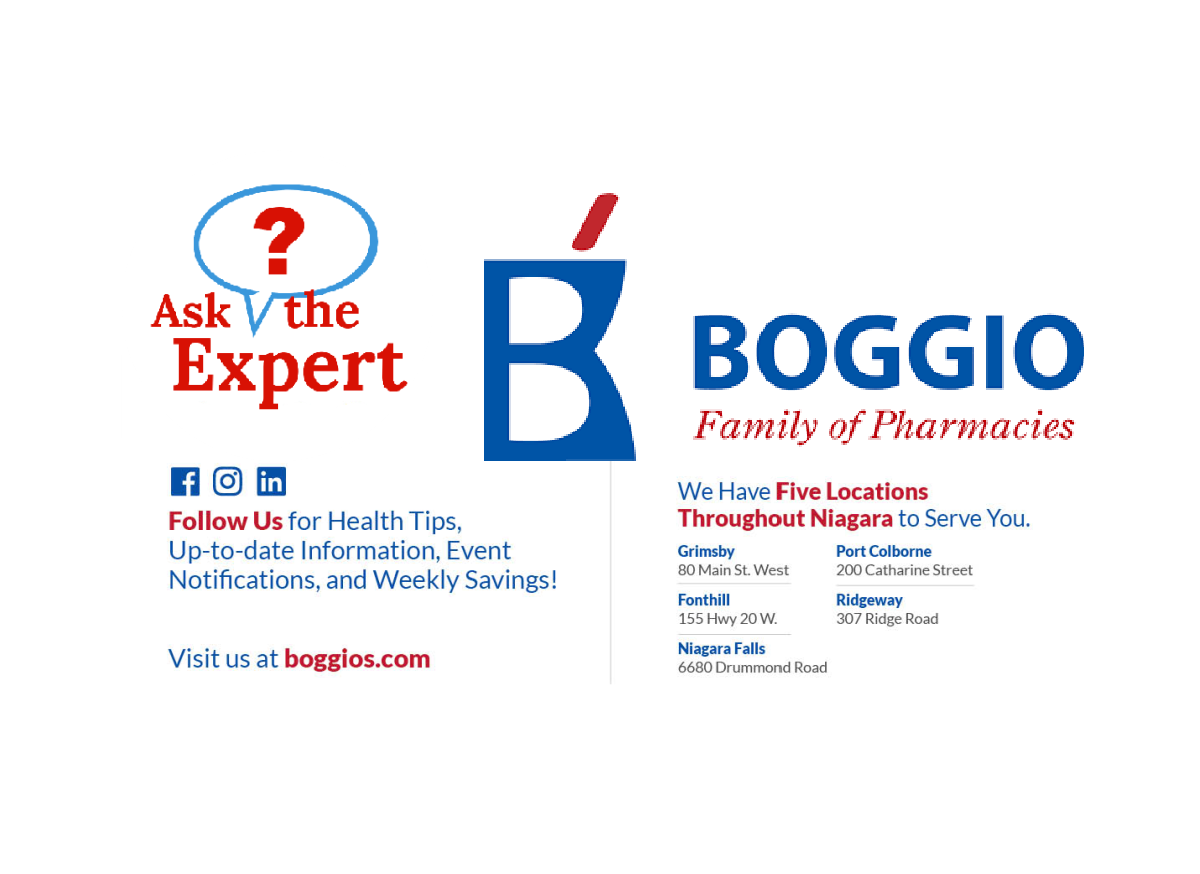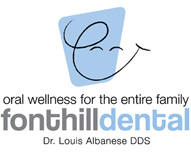Since the start of the COVID-19 pandemic, and particularly since the approval of COVID-19 vaccines, there have been many concerns regarding their safety and effectiveness. To get more information that will help debunk certain myths about the vaccine, go to our Q&A about COVID-19 vaccination.
Here are some reasons why you should strongly consider getting vaccinated against COVID-19.
It is important to remember that vaccination is one of the most effective ways of decreasing the risks of catching the virus and developing related complications. Vaccination as recommended by Public Authorities offers the best protection against COVID-19. Vaccines approved by Health Canada are safe and effective and are here to protect your loved ones and yourself, as well as more vulnerable people with higher risk of serious complications. Even if several people who got the virus only experienced mild symptoms, others have experienced a more serious case that sometimes lead to death. It is impossible to predict how each individual will react to the virus, whether or not they have an existing condition.
1. The COVID-19 vaccine will help keep you from getting COVID-19
The current approved vaccines in Canada are safe and strongly effective at preventing you from getting COVID-19 14 days after having received the appropriate and recommended amount of doses.
It is important to note that since the vaccine does not prevent the virus from entering your body and that no vaccine is 100% effective, there is still a small risk of catching COVID-19.
However, getting vaccinated will significantly help prevent you from developing moderate to severe symptoms (even if you catch COVID-19), and therefore lower your risk of serious complications and hospitalization. This is especially important to those who present a higher risk of developing complications to COVID-19, for example immunocompromised people.
It is also important to continue practicing proper safety measures until further notice as it is currently unknown whether you can carry and transmit the virus despite having been vaccinated.
2. The COVID-19 vaccine will help prevent the spread of the virus to those around you and protect the more vulnerable
COVID-19 is incredibly easy to spread from person to person. Therefore, if you get sick, you could spread it to friends, family and others around you.
Also, COVID-19 affects everyone differently, so even if you experience little to no symptoms, those around you can develop other more serious symptoms. It is strongly recommended to get vaccinated in order to prevent the spread of the virus and ensure the safety of those around you.
3. We cannot rely on herd immunity without the vaccine
The best way to achieve herd immunity is with large scale COVID-19 vaccination and continuing to practice recommended social safety measures.
What is herd immunity? Herd immunity occurs when a large portion of a community (the herd) becomes immune to an infectious disease, providing indirect protection by making the spread of the disease from person to person unlikely, even to those who are not immune to the disease.
However, there are problems with relying on community infection (without vaccination) to create herd immunity with regards to the COVID-19 virus. The main reason is that it is not yet clear whether having been infected with COVID-19 makes a person immune to future infections. If it does not create immunity, herd immunity will not work.
Also, medical experts do not yet know what percentage of a community would need to get infected to achieve herd immunity. Current data shows that a person is relatively immune to the virus 90 days after infection, however there is currently insufficient data that can determine immunity beyond that. Even if we assume that the infection creates long-lasting immunity, a large number of the population would have to become infected in order to reach the herd immunity threshold, which can be anywhere from 50-90% depending on the specific infection. This amount of infection could lead to serious and potentially long-term complications and deaths.
And so, if many people become sick at once, the healthcare system could easily become overwhelmed, therefore lowering life-depending resources.
4. Current sanitary measures are not enough
Wearing masks and social distancing help reduce your chance of being exposed to the virus or spreading it to others, but these measures are currently not enough.
Vaccines will work with your immune system so it will be ready to fight the virus if you are exposed and prevent serious illness. The combination of getting vaccinated and following the recommended safety guidelines to protect yourself and others will undoubtedly offer the best protection from COVID-19.
Contact your pharmacist if you have any other questions, and to schedule an appointment for the COVID-19 vaccine.
Read more about COVID-19 & Vaccination here on the Boggio Family of Pharmacies Website




















